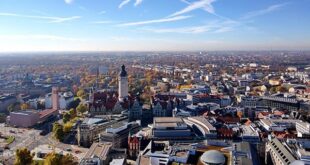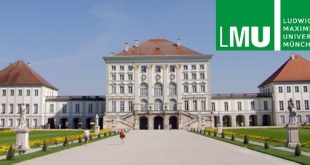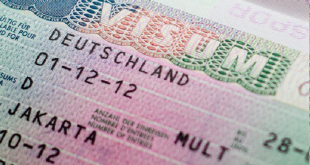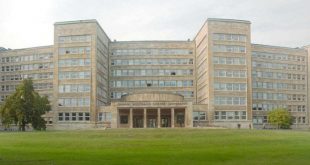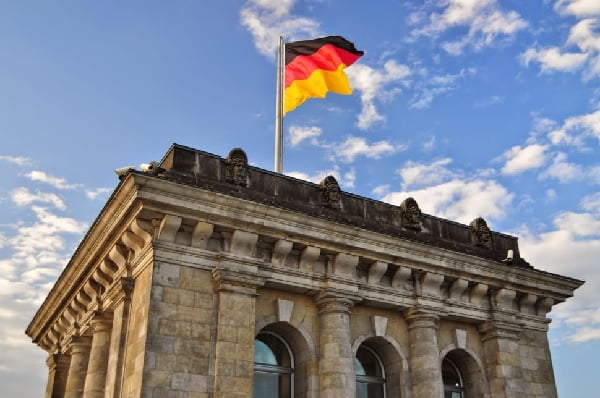
Germany is famous for creativity and innovation in several fields. Moreover, it is well-known as one of the countries with the lowest unemployment rates in Europe.
Indeed, working in Germany is an attractive option for many students who are familiar with the customs and traditions of German society. The following is an overview of the requirements of international graduates to work in Germany after studying.
Table of Contents
Can international students work in Germany after graduation?
- If a student has an internship during the school holidays, the number of hours is deducted from the annual limit. And this is even if the internship is unpaid. However, the compulsory university internship, which is considered as a university requirement, is not counted from the working hours limit.
- International students can work full-time in Germany while studying for 120 days, or 240 days of part-time, per semester. On the other hand, if the student is working on a university job on campus as a student guide or research assistant, the annual limit for the working hours does not apply. However, he must notify the Aliens Registration Office of his work type.
- International students from outside the European Union cannot work independently or as freelancers. Students in Germany can earn up to 450 euros per month without tax. The income tax is automatically deducted from the monthly salaries that exceed the stated amounts.
- If the student is studying a language preparatory course, he can only work in his spare time. He also needs to get the approval of the Federal Employment Agency and the authority of foreigners only.
Post study work visa and permit in Germany
Germany offers 2 types of post-study visa for international students to stay and work in the country after graduation: a temporary residence permit or a jobseeker visa.
Temporary resident permit
As a general rule, the student’s visa expires as soon as their study program is finished. The student then has 18 months to apply for a work visa to remain in Germany. Also, their status as newly graduate students from a German university increases their chance to get this work visa compared to citizens from other non-EU countries.
It is then important to apply for this residence permit while you are still at the university if you don’t want to return right away to your country once your student visa in Germany expires. Moreover, with this resident permit, you can work any part-time or full-time job without any additional formalities. You can then make use of your time to seek employment that better suits your degree and career plan.
The papers and documents required to obtain a prolonged residence permit
- A valid passport.
- University certificate or official document from the university confirming that the student has successfully completed his studies.
- A document proving that the student has health insurance.
- Proof of financial support for the student during his job search period.
Jobseeker visa
This second option of post-study visa is for those who have come back to their home country after their student visa expired, then wish to return to working in Germany. This visa is valid for up to a 6-month stay in Germany, that you can exchange for a permanent one once you get a notification of employment.
To apply for this visa, the requirements include:
- An academic qualification from a recognized institution
- Proof that you don’t have any financial issues
- Declaration of commitment
- Certificate of proficiency in the German language
Moreover, it’s important to keep in mind that you can only apply for this post-study visa from your home country.
Learn also the requirements and procedure to get a student visa for Germany.
Seeking employment in Germany after graduation
In case international students want to stay in Germany to find work after graduation, it is a good idea to start the planning stage for this matter in recent years of study. Moreover, it is very useful to be fluent in the German language to find a suitable job. In fact, there won’t be many open jobs without it.
International students that are citizens of the European Union have the right to search for work in Germany without the need for a work permit. This is due to the fact that they get the same treatment as the German population in terms of access to the labor market, working conditions, as well as social and tax benefits.
As for students from countries outside the European Union group who want to work in Germany after graduation, they must extend their residence permit. Basically, the state allows newly graduate to stay back in Germany for a period of up to 18 months. They will spend this period to find work that is appropriate to their studies.
How long can you work in Germany after graduation?
- The extension period, which reaches 18 months, begins as soon as the graduate obtains the results of his final test. Hence, the search for work should begin during the final semester. Besides, the graduate has the permission in these extension months to work as many hours as he wants. He can also take any kind of job in order to support himself.
- Once the graduate finds a job, he/she must apply for a German residence permit or what is known as the European Union blue card. Furthermore, the graduate can stay in Germany while awaiting approval on the application.
- Indeed, the blue card is better than a German residency for those who intend to live and work in another country in the European Union.
- Applying for a blue card requires obtaining a job offer for an annual salary of at least 49,600 euros. On the other hand, if the graduate wants to stay and reside in Germany, he can apply for a settlement permit two years after obtaining a permanent residence permit or a blue card.
You can also think of having PhD Study in Germany.




 Aljawaz Your guide to study abroad
Aljawaz Your guide to study abroad

